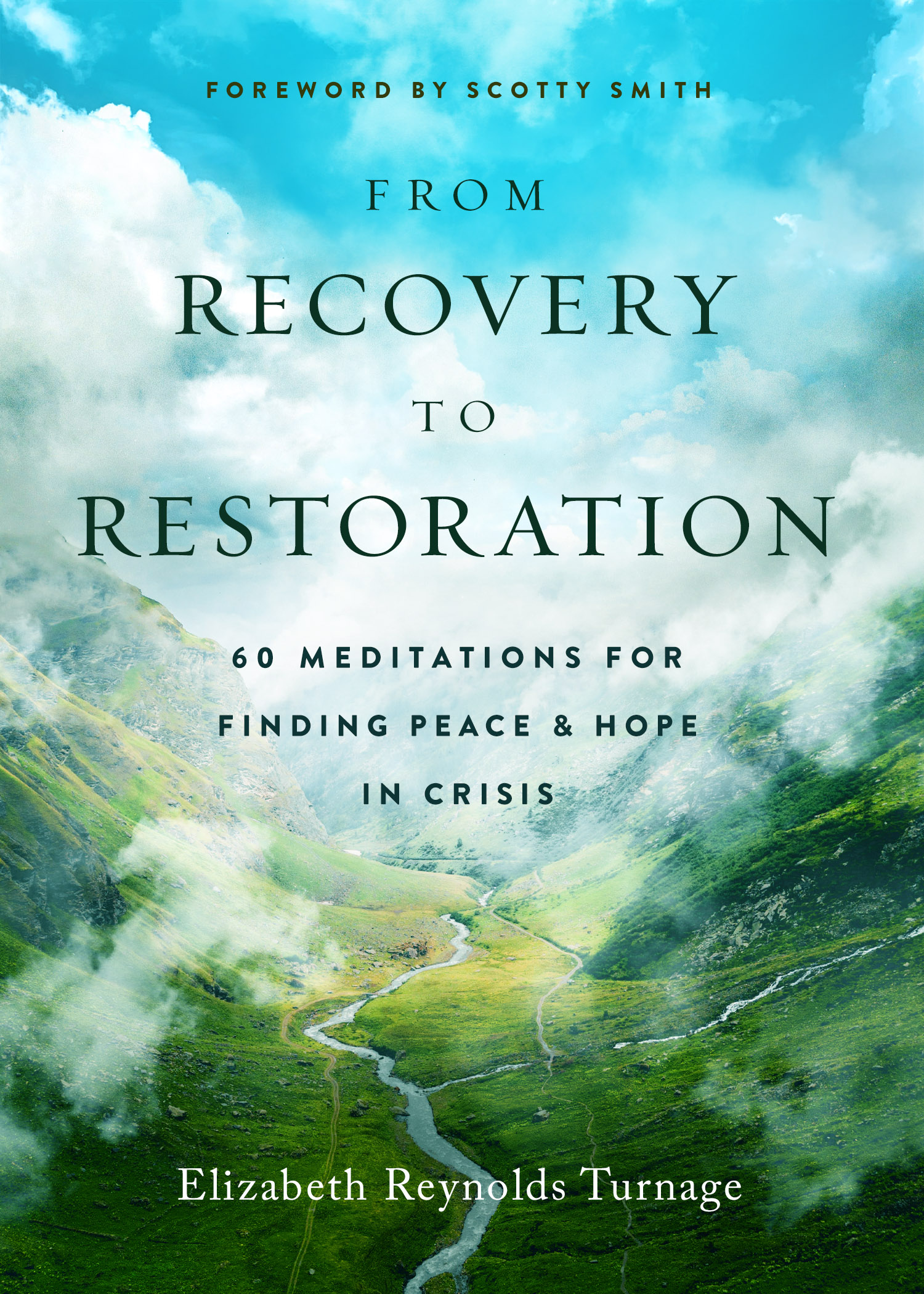How Grace Grows Gratitude
How Grace Grows Gratitude
Grace and Gratitude
“It is all for your sake, so that as grace extends to more and more people, it may increase thanksgiving, to the glory of God.” 2 Cor. 4:15.
According to retailers, if you don’t already have most of your Christmas shopping done (I don’t), you are running behind! But according to the calendar, it’s only the second Tuesday in November, and that seems like a good time to think about thanksgiving. Not the American holiday necessarily, which my younger daughter once jokingly summarized as a day for “Eating and thanking, thanking and eating.” Far more, it’s a good time to consider the category of thanksgiving, or gratitude. What is it, in fact, and how and why does the Bible insist that Christians make it a regular practice?
What Gratitude Is Not
Sometimes the best way to understand something is by looking at what it’s not.
We’ve already said that the Christian practice of gratitude is not merely cultural, that is, something we celebrate once a year by dining on a sumptuous feast. In addition, the Christian practice of gratitude is also not merely dutiful.
Consider this story. Grandma Charlene buys eight-year-old Emma an expensive gold cross necklace for her birthday. The thing is, Emma wanted the Lego super hero’s school set, so she’s very disappointed when she opens her grandmother’s gift. What does Emma’s mother tell her? We know the answer, because we’ve probably all said it or had it said to us at some point: “Tell your grandmother thank-you, Emma.” Emma dutifully speaks the two words. But is she really thankful? No. She is dutiful, and she is polite. Please don’t hear what I’m not saying—it is good for Emma to thank her grandmother. It’s just that her thank you misses the main point of Christian gratitude.
Where Christian Gratitude Comes From
To better understand Christian gratitude, let’s revisit 2 Corinthians 4:15, substituting two Greek words from the original for our English words:
“It is all for your sake, so that as charis extends to more and more people, it may increase eucharisteo, to the glory of God.”
Charis increases eucharisteo. The Greek root charis means grace. The Greek prefix eu means good, happy. So God’s grace leads to a happy state of grace in the Christian.
What is God’s grace like, this grace which increases our gratitude? It is not a gold cross necklace that we didn’t want in the first place. It is God’s free gift of exactly what we needed, and exactly what we wanted (whether we knew it or not)—a life of freedom from sin (Galatians 5:1), a life of being and becoming new creation (2 Corinthians 5:17), a life of worshipping God and serving others (Gal. 5:13).
God’s Grace for Sinners Grows Gratitude
To catch a glimpse of God’s grace, consider an alternate story about Emma and her grandmother. Emma thinks her grandmother is too stern; she has been known to stick out her tongue at her grandmother and yell, “I hate you!” Despite Emma’s malicious treatment, her grandmother comes to her, takes her by the hand, and says, “I’m giving everything I own to you so that you may have financial freedom and vast opportunity.” Emma gets it all, any day, every day.
Now, that is a far-fetched story. In real life, a grandmother probably wouldn’t give all her money to a rude granddaughter. And yet, this fantastical story is analogous to our rebellious treatment of God and his gracious response to us. We have rebelled against God, telling him to leave us alone and let us run our own lives. He has responded by sending his one and only Son, Jesus, to die so that we might be free of our sin, so that we might live with faith, hope, and love. The only sensible response to the undeserved grace God has shown us is gratitude—overflowing, irrepressible, joyful gratitude. As God’s grace increases gratitude in us, we respond with hands lifted to give God glory and hands extended to share his glory throughout the world.
A Prayer about Grace and Gratitude
Our Gracious God,
Please forgive us. By our sometimes rotten thoughts, words, and deeds, we have stuck out our tongues at you and told you we hate you. We do not deserve your love, nor your free gift of forgiveness through your Son, Jesus Christ. And yet Jesus died for our sins and made us brand new, whole and holy. Our hearts overflow with your happy grace! Help us to extend this grace and glory to others! Amen.
Good Reading on Grace and Gratitude










